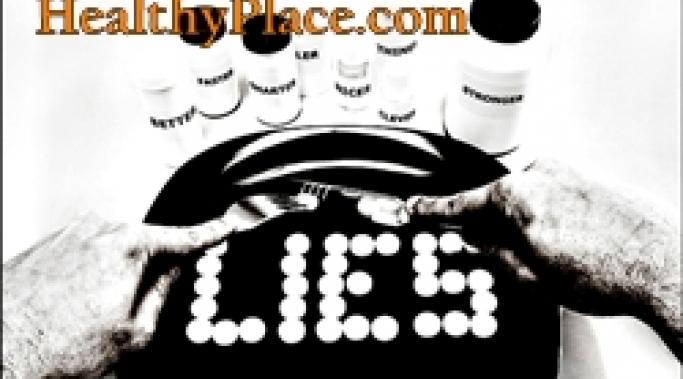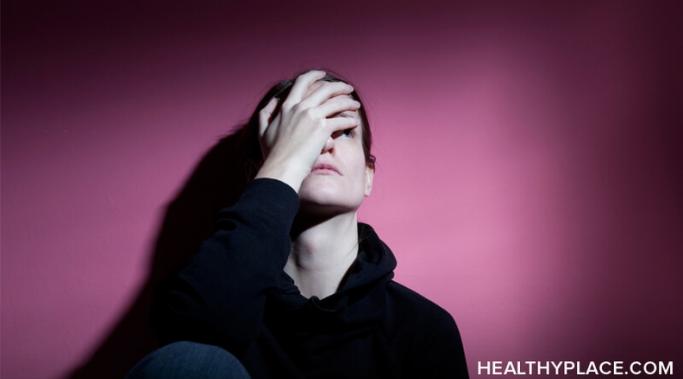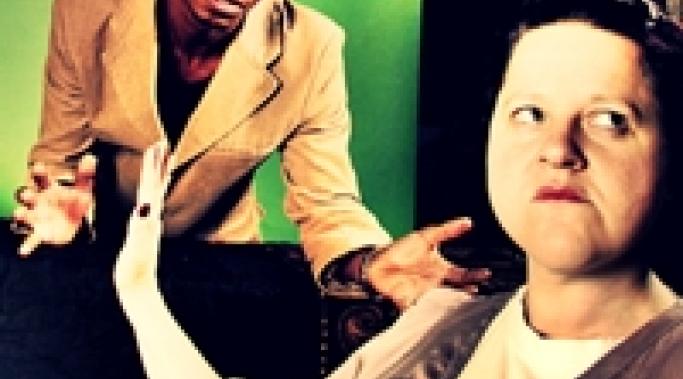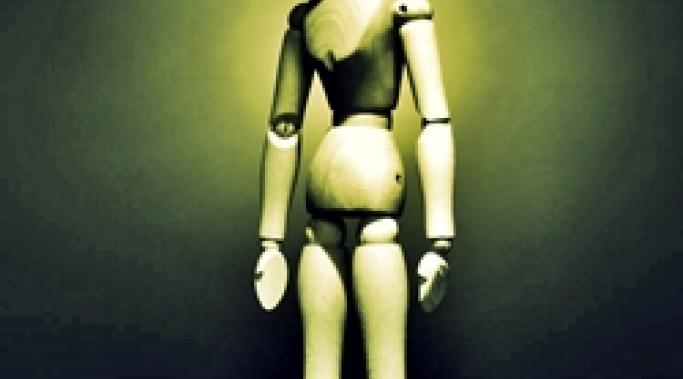I recently re-read parts of my journal that I kept while I was in the state hospital system. One recurring theme is the assumption that I was lying. This often impacted my treatment, and often impacts the treatment of other people with borderline personality disorder (BPD).
More than Borderline
What a CEO Scandal Can Teach Us About Setting Limits
What can happen when no limits are set? More Than Borderline's, Becky Oberg, tells the story of an Indianapolis CEO's fall from grace and explains why setting limits now can save us trouble down the road. Watch.
Sometimes an emotional crisis can't be avoided. When an emotional crisis happens, it is important to know how to calm down. There are many ways to self-soothe, but for now I'll focus on three: petting an animal, burning incense, and drinking herbal tea.
Dr. Otto Wahl of George Mason University once said that knowledge and understanding of severe mental illness would lead to a reduction of the stigma attached to mental illness. Again and again, Wahl writes that speaking out about severe mental illness is key to reducing stigma. So here's what I wish people understood about mental illness.
I'll never forget when I was first diagnosed with borderline personality disorder (BPD). My mother had hand-picked a psychiatrist for me to see based on the doctor's Christian faith. The psychiatrist did an evaluation, diagnosed me with some other things and BPD, then told my mother it was caused by bad parenting.
So began not only my journey in the world of mental illness, but my family's as well.
There was one flaw in my plan to wake up screaming--I wasn't asleep.
This was not a nightmare, at least not in the literal sense. Although surreal, this was real—I was really pinned to my apartment floor, three people from Antioch Community Church in Waco, Texas, really were yelling at Satan, said people really were attempting to perform an exorcism without my consent. My illness had finally caused a conflict so severe it drove me out of that church and almost out of Christianity. Sad, because spirituality can be a powerful aid to healing from borderline personality disorder (BPD).
My outside HealthyPlace.com life sometimes requires that I read medical studies. Recently, I stumbled across a University of Mississippi Medical Center study on substance use and borderline personality disorder. Basically, the study asked if substance use disorders make borderline personality disorder (BPD) symptoms worse?
In addition to borderline personality disorder (BPD), I experience flashbacks and intrusive memories--symptoms of post-traumatic stress disorder (PTSD). Both disorders manifested around the same time, which has caused several mental health professionals to speculate that my BPD is a type of PTSD (Subtypes of Borderline Personality Disorder). Symptoms I experience include flashbacks and intrusive memories, which manifested when I was a freshman in college.
If there's one thing true about psychiatric hospitals, it's that you have a lot of down time. When I was in the state hospital system, I used this time to play Animal Crossing: Wild World on my Nintendo DS. Believe it or not, the game was a helpful therapy.
Animal Crossing: Wild World, or AC: WW for short is a video game in which you live in a rural village with a bunch of anthropomorphic animals. You go around doing tasks for these animals, making money, making friends and other various life adventures. This game taught me three skills: how to read the emotions of other people, how to set boundaries, and how to handle rejection.
I didn't plan on making a part three to this series, but a lawsuit in Indiana just made it important. The lawsuit charged that it was inhumane and a violation of the Eighth Amendment's prohibition of cruel and unusual punishment to keep inmates with mental illness in segregation (isolation) with no access to "minimally adequate" treatment.








